All Formats & Editions
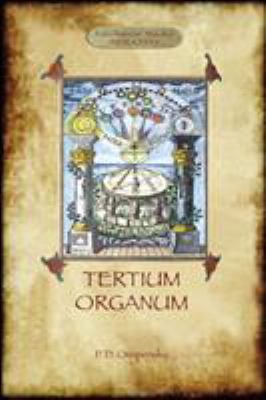
Tertium Organum: a key to the enigmas of the wo...


Tertium Organum: The Third Canon of Thought, A ...
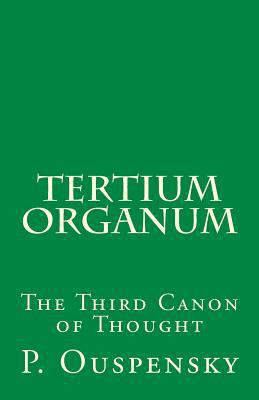
Tertium Organum: The Third Canon of Thought

Tertium Organum: The Fourth Dimension as the Es...

Tertium Organum
The revised translation of the world famous Russian philosopher's work about attempting to understand man and his place in creation.
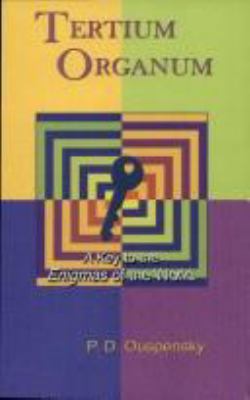
Tertium Organum: A Key to the Enigmas of the World
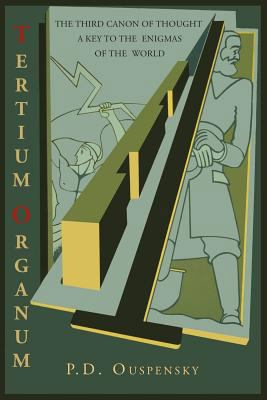
Tertium Organum: The Third Canon of Thought: A ...
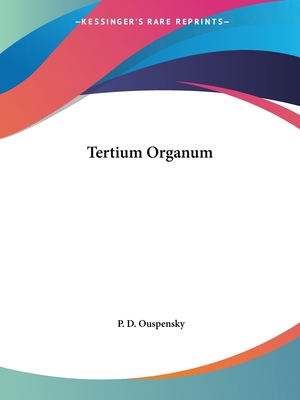

Tertium Organum By P.D. Ouspensky
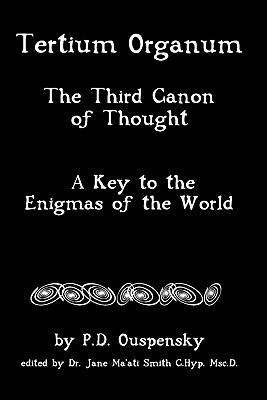
Tertium Organum: The Third Canon Of Thought, A ...
This is one of the Great Books on the Great Mystery..... do you have a mind balanced and broad enough to grasp it? Time is really motion in extra dimensional space... this profound thought can point us towards the actual physical location of the "Fourth Dimension". Our perception...
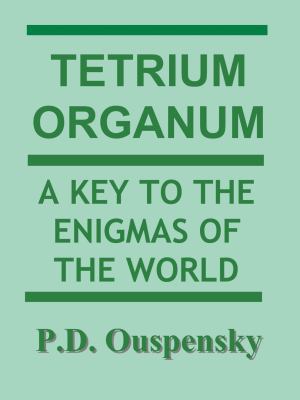
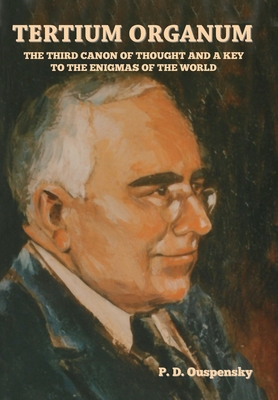
Tertium Organum: The Third Canon of Thought and...
This is P.D. Ouspensky's Tertium Organum, which he believed was the third major philosophical synthesis, the previous being those of Aristotle and Bacon. Ouspensky (1878-1947) was a mystic who traveled widely in Europe and the East looking for esoteric knowledge. He later...
![Tertium Organum [Spanish] 1523712430 Book Cover](https://i.thriftbooks.com/api/imagehandler/l/E59AF38E1F8E67B811B123AAFE0E7613623CB844.jpeg)
Tertium Organum [Spanish]
Se basa enteramente en sus propias experiencias antes de conocer la teosof a. Uspenski desarrolla en este libro el concepto de la cuarta dimensi n como "amplia met fora de la naturaleza esot rica de la realidad". En esa poca, Einstein y otros f sicos hab an validado el estudio...
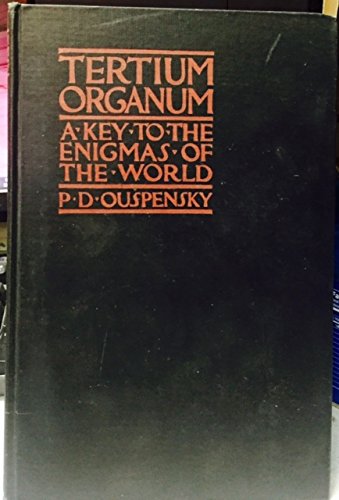
Tertium Organum: A Key to the Enigmas of the Wo...

Tertium Organum, a Key to the Enigmas of the World
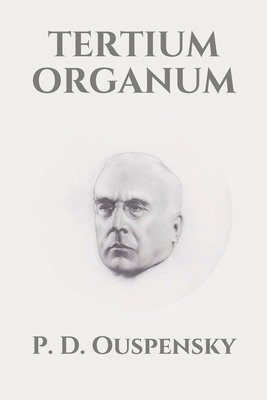
Tertium Organum
In revising Tertium Organum for the second edition in English my chief concern has been to coordinate its terminology with the more developed terminology of those of my books written after the publication of the second Russian edition of Tertium Organum, from which the English...
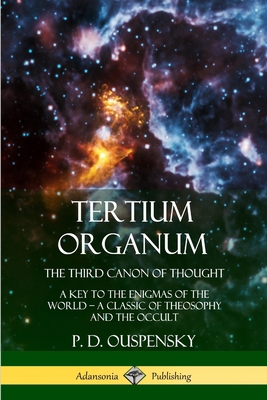
Tertium Organum, The Third Canon of Thought: A ...
The Tertium Organum by P. D. Ouspensky explains the author's philosophy of human behavior, and attempts to reconcile the natural sciences with the theological and spiritual beliefs developed by mankind. A bold and ambitious work of philosophy, Tertium Organum is a committed attempt...

Tertium Organum: A Key to the Enigmas of the Wo...
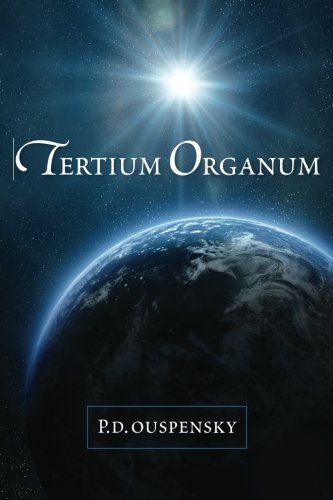
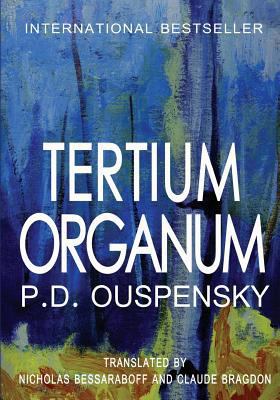
Tertium Organum: The Third Canon of Thought and...
Time is motion. Prepare for a mind bending ride through the world of human perception, consciousness, and thought. A new look at the concept of space and time. Is there a fourth dimension hiding in what we perceive to be time? Can some adjustment of consciousness allow us to...
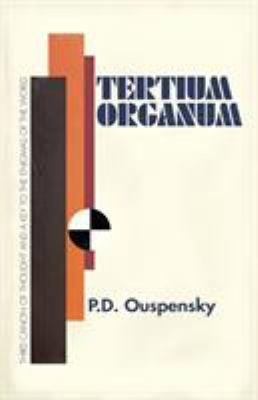

Tertium Organum: The Third Canon of Thought, a ...

Tertium organum: The third canon of thought : a...
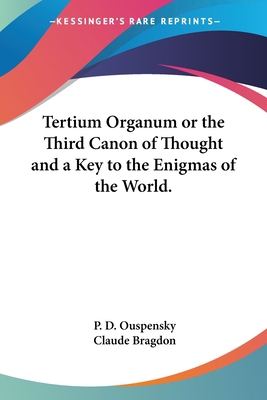
Tertium Organum or the Third Canon of Thought a...
Tertium Organum, written by P. D. Ouspensky, is a philosophical and metaphysical treatise that explores the nature of reality and consciousness. The title refers to a third ""organ"" of thought, beyond the traditional dichotomy of logic and intuition, which Ouspensky argues is...



